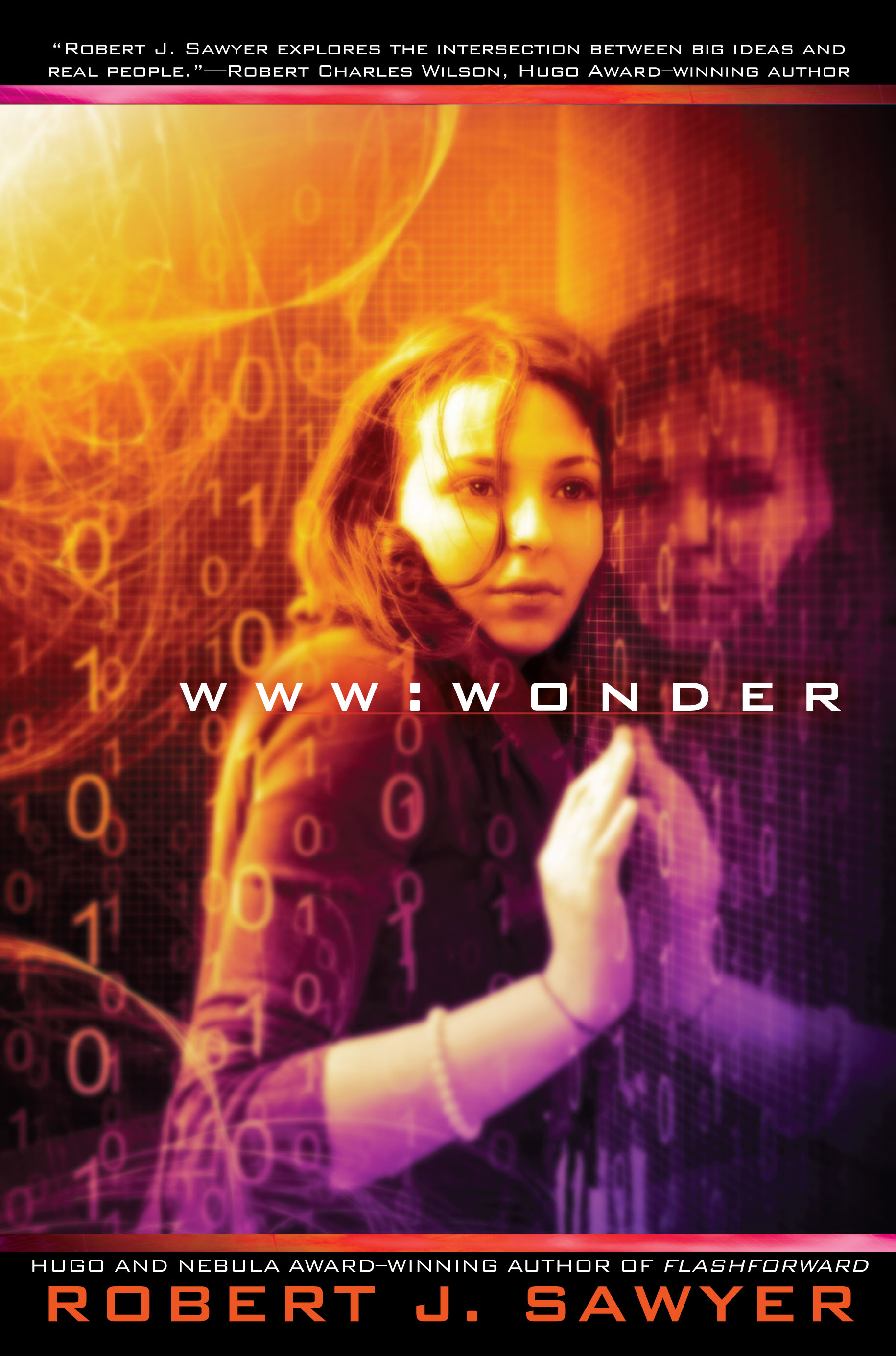I said earlier we were in production mode over here at
Electric Spec. I thought I'd pass along an update of what's happening behind the scenes...
We had our production meeting this week. As usual, there was lots of liquor, drugs, fried foods, fist-fights, and arm-wrestling. :) We decided on the stories for the May 2011 issue, and they look great! All authors in hold-for-voting should hear back from us very soon if they haven't already. We picked our cover artist, and the art will also be great. We have a lead on a very exciting interview, which I'll blog about closer to the issue. One of us (okay, it's Editor Betsy) is working on something for Editor's Corner.
We're in the process of sending contracts out (One of us--okay, it's Gremlin Editor--is a lawyer in real-life). Once we hear back from authors we will begin edits. Personally, this is not my favorite part of the job; it's hard for me to supersede the author's artistic vision. One of us is nicknamed the slasher and is awesome about cutting stories down to perfect jewels (okay, it's Editor Dave). So, soon we will be editing, and then all that's left is creating the web pages.
Suffice to say, this issue looks like it will be great! Thanks, to all the authors who submitted. We sincerely appreciate it. There'd be no issue without authors!
And we also started reading slush for the August 2011 issue. An editor's job is never done...






